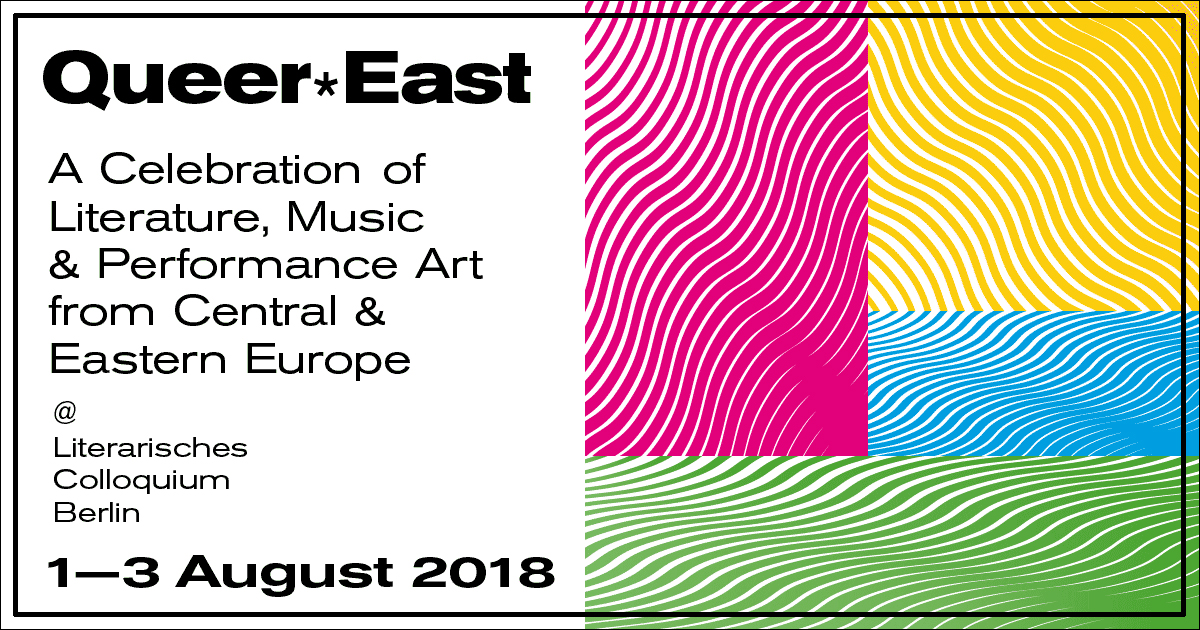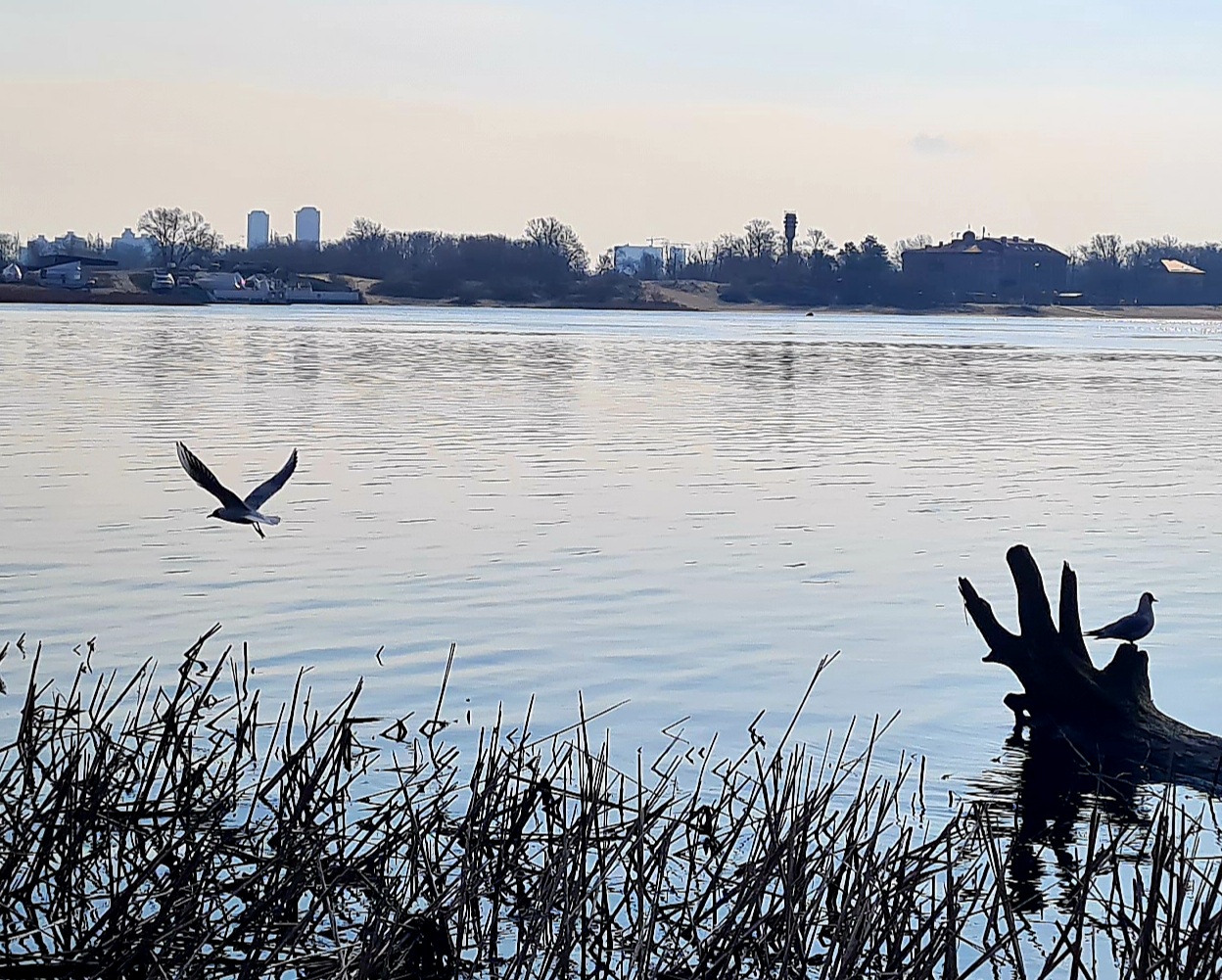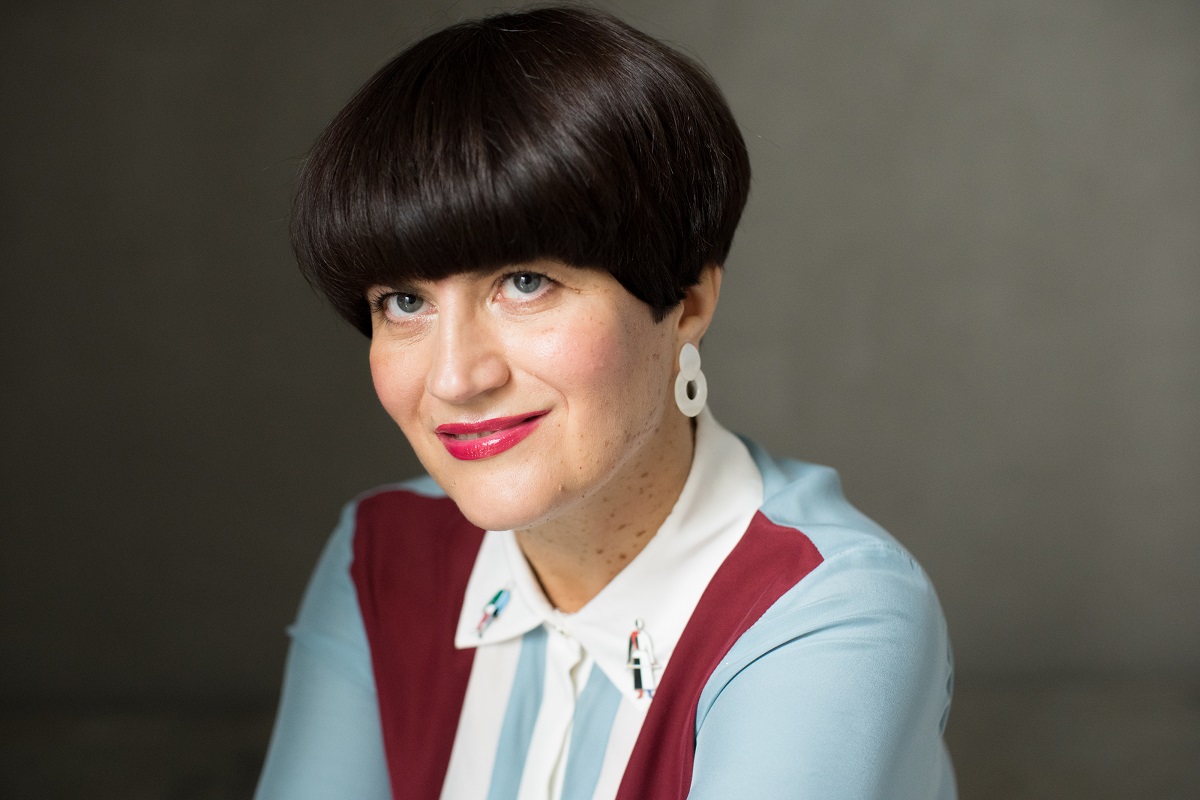Місто моря
Під час локдауну ще більш важливим стало те, що Київ може відчуватися як морське місто. Ніби тут десь є море. Ніби він є хранителем частини Чорного моря анексованого Криму. Коли твоєму організму просто необхідна територія свободи і повногрудого дихання, де вплив людей не превалює над силами природи.
Мені видається надзвичайним, наскільки сильно додає якості людському життю наявність водоймища в місті. Особливо, якщо це столиця, де стільки забудов, стільки бетону і машин.
В моєму районі є затока, вздовж котрої можна побачити заможнє котеджеве містечко, де зміг дозволити собі оселитися, наприклад, один з колишніх генеральних прокурорів, натомість фінансово не потягнули зробити амбасаду в резиденцію, здається, португальці.
Вздовж затоки також можна побачити парк, цивілізований і доглянутий, де є місце газонам, велосипедним та біговим доріжкам, спортивним, дитячим та псячим майданчикам, але також силами громади ми відстояли наші дерева: величні, коріння котрих ще пам’ятають цю місцину не як частину столиці.
Парки в нас часто планують так, щоб не зважати на те, що «заважає»: вирубати старі дерева, і запланувати посадити якісь модні деревця в кадках, але парк лише тоді буде справжнім парком, де збережена затінкова територія, де залишаються ці дубові, осокорові, тополині атлети, котрі давно знайшли спільну мову з небом і забезпечують небесний діалог з землею.
А коли ти дивишся на затоку – бачиш чайок. Це така ілюзія свободи, моря, мандрівних можливостей. Ти бачиш чайок і згадуєш слова пісні гурту «Океан Ельзи»:
«Я намалюю той день
Де літаю і той день
Де співаю я
Той день! Той день!
І побачу чайку я в польоті
Я в небі, не в болоті
Я в той день, о мамо, в той день..»
І коли ти бачиш чайок в серці Києва, вранці перед тим, як почати вже звичний робочий зумм-день, тобі легше повірити, що ти можеш вмієш мріяти і твої мрії обов’язково справдяться.
Stadt am Wasser
Während des Lockdowns ist es noch wichtiger geworden, dass Kiew sich da und dort wie eine Stadt am Meer anfühlt. Als wäre hier irgendwo das Meer. Als wäre Kiew die Hüterin jenes Teils des Schwarzen Meers, der sich um die annektierte Krim befindet. Denn der Organismus braucht unbedingt einen Ort der Freiheit, wo der Einfluss der Menschen die Kräfte der Natur nicht übersteigt und man tief durchatmen kann.
Ich finde es beachtlich, wie sehr die Existenz eines Gewässers in der Stadt die Lebensqualität steigert. Besonders wenn es die Hauptstadt ist, mit ihren vielen Gebäuden und Autos, mit so viel Beton.
In meinem Bezirk gibt es einen Flussarm, entlang dem man ein Städtchen aus schicken Einfamilienhäusern findet. Dort hat sich zum Beispiel ein ehemaliger Generalstaatsanwalt niedergelassen, die Portugiesen hingegen konnte es sich nicht leisten, ihre Botschaft hier zu errichten.
An dem Flussarm gibt es auch einen Park, gepflegt und gestaltet, in dem Rasenflächen, Rad- und Laufwege Platz gefunden haben, ebenso Spielplätze, Fitnessgeräte und eine Hundezone. Mit vereinten Kräften haben wir unsere Bäume verteidigt: Baumriesen, deren Wurzeln diesen Ort bereits kannten, bevor er Hauptstadt wurde.
Oft werden Parks bei uns so geplant, dass auf das „Unwichtige“ keine Rücksicht genommen wird: Alte Bäume werden gefällt und irgendwelche modischen Bäumchen in Trögen aufgestellt. Aber ein Park ist nur dann ein echter Park, wenn Schattenareale bewahrt werden, sowie Eichen-, Schwarzpappel- und Pappelathleten stehen bleiben, die längst eine gemeinsame Sprache mit dem Himmel gefunden haben und den Dialog des Himmels mit der Erde sicherstellen.
Blickst du aufs Wasser, siehst du Möwen: eine Illusion der Freiheit, des Meers, der Möglichkeiten zu reisen. Du siehst Möwen und denkst an das Lied der Gruppe »Okean Elzy«:
„Ich male den Tag
an dem ich fliege und den Tag
an dem ich singe
Den Tag! Den Tag!
Ich seh eine Möwe, und ich schwebe,
Bin im Himmel, weg von der Erde
An dem Tag, Mama, an dem Tag …“
Wenn du am Morgen, bevor du einen gewöhnlichen Zoom-Arbeitstag beginnst, im Herzen von Kiew Möwen siehst, fällt es dir leichter daran zu glauben, dass du noch träumen kannst und deine Träume ganz sicher in Erfüllung gehen.
Übersetzung: Maria Weissenböck
Sea City
During lockdown, it has become even more important that Kyiv can sometimes feel like a city on the sea. It’s as though the sea is right here. Like it is the keeper of the part of the Black Sea that belongs to annexed Crimea. When a space of freedom and deep breathing is simply indispensable for your body, where human impact does not prevail over the forces of nature.
It seems extraordinary to me just how much quality a body of water adds to urban life. Especially when that city is the capital with all its many factories, cars, and so much concrete.
In my neighborhood there is a bay that is home to a moneyed cottage zone where, for example, a former prosecutor general can afford to settle, but the Portuguese, it seems, didn’t have the cash to turn an embassy into a residence.
Along the bay you can also see a park, civilized and well kept, with space for lawns, bike and running trails, sport courts, playgrounds, and dog walks. You must also know that it was through the strength of the community that we defended our trees: majestic and with roots that still remember this place before it was absorbed by the capital.
Our parks are often planned to get rid of “inconveniences”: old trees are ripped out and new fashionable ones are brought in in large planters. But a park can only be a real park when we preserve the shady spots with those oak, black poplar, and aspen giants that long ago began talking to the sky and today ensure that celestial dialog with the earth.
When you look at my neighborhood’s bay, you see seagulls. It’s an illusion of freedom, the sea, and opportunities to travel. You see the gulls and you remember Okean Elzy’s lyrics:
“I will paint the day
I’m flying and the day
I’m singing
That day! That day!
I’ll see a gull in flight
I’m in the sky, not the sludge
On that day, oh Mama, on that day…”
And when you see seagulls in the heart of Kyiv, in the morning before you have to begin your now-routine Zoom workday, it’s easier to believe that you can dream and your dreams will come true.
Translation: Ali Kinsella
Teilen
-
01 Mittwoch
Queer*East
Literatur, Musik und Performance aus Mittel-, Ost- und Südosteuropa

-
01 Mittwoch
Queer*East
Ein Festival mit Literatur, Musik Performance aus Mittel-, Ost- und Südosteuropa

Veranstaltungen mit Larysa Denysenko
2018
August












